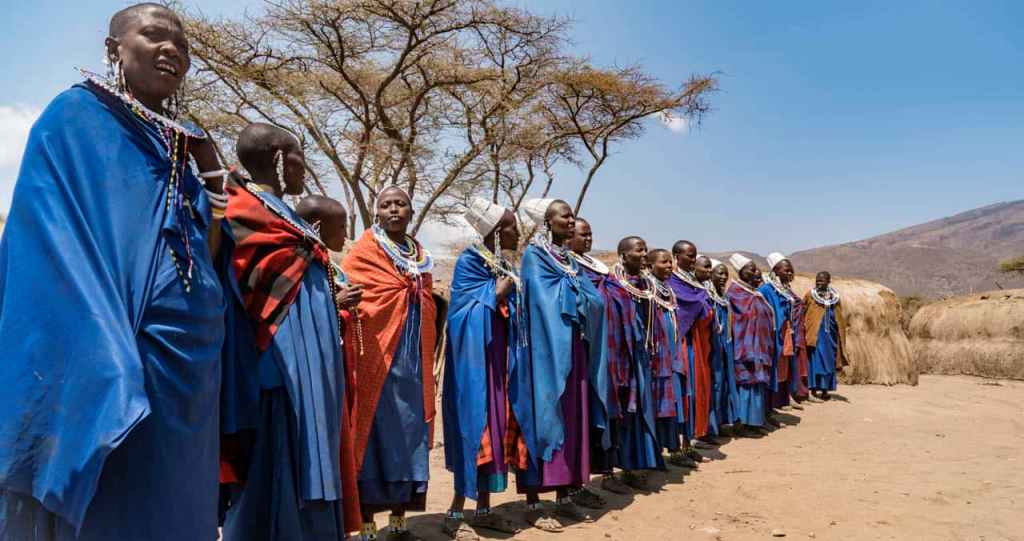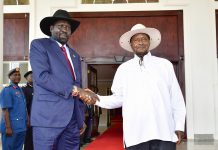AfricaPress-Tanzania: COMMUNITY engagement in curbing Illegal Wildlife Trade (IWT) is now paying off, as Maasai women are now shunning lion killers to lion defenders in the Southern part of the country.
Presenting a topic dubbed ‘Working with women and youth to prevent IWT through Webinar, founder of Ruaha Carnivore Project (RCP) Dr Amy Dickman said Developing trust with the local communities, many of whom are traditional pastoralists was key in keeping the lion population of Ruaha National Park in check.
“Lions were being massacred as retaliation and as ‘cultural’ ritual among the Maasai, but that has changed since continuous engagement of communities in the area,” disclosed Dr Dickman.
She further observed that killing of lions in the rangeland not only provided wealth and status, but also served as reward for the brave warriors, hence the increased desire to kill more lion species.
It wasn’t an easy walk in the park for Dr Dickman and her team though, as it took them two years to engage the warriors on the plight of lions in the area. The retaliatory killings were also a result of lion attacks on their livestock, according to Dr Dickman. Much as two-thirds of lions’ attacks on livestock occurred in poorly protected livestock enclosures, the Ruaha Carnivore Project supported the communities with wire mesh fences to reinforce the enclosures. “This reduced the attacks by over 95 per cent,” she said.
In a bid to protect livestock in the area, RCP also introduced Anatolian Shepherd Dogs, which are regarded as ‘Guarding Dogs’ which are used to warn the residents of the potential danger of lions and other carnivores.
The Project has also supported the communities through education, healthcare and veterinary medicines.
It is also a community camera-trapping programme where villagers are trained and employed to monitor wildlife on village land and outside the park using camera-traps.
“Villages which record more wildlife receive significant additional benefits,” she added.
Such intervention has reduced carnivore killing by 80 per cent with around 800 lions roaming in the wider Ruaha’s landscape.
Ruaha is recognised globally for its outstanding biodiversity and species endemism and it is home to eight per cent of the world’s remaining lions.
The Webinar was anchored on objectives of East African Community (EAC) Strategy to combat poaching, illegal trade and trafficking of wildlife and wildlife products.
It is a CONNECT – a USAID funded project which aims to strengthen the conservation and management of natural resources shared by East African countries including wildlife and landscapes popularly referred to as trans-boundary natural resources.
It is implemented by a consortium of regional organisations led by the International Union for Conservation of Nature (IUCN) through the Eastern and Southern Africa Regional Office (ESARO) in partnership with TRAFFIC – the wildlife trade monitoring network, and the Worldwide Fund for Nature (WWF).







